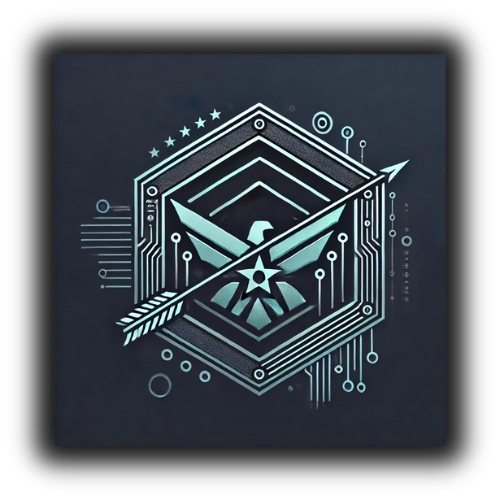In order to develop the use of augmented and virtual reality technology for ships and other marine settings, Crowley and ABS, a top provider of maritime classification and consultancy services, have come to an agreement.
In order to cooperate with remote technicians on solutions, crew members wear goggles with technology. Kognitiv Spark’s technology enables shoreside staff and seafarers to work together digitally to accomplish maintenance, updates, and upgrades on board more swiftly.
In a cooperative pilot project, ABS and Crowley will work together to support classification-related survey activities, such as elements of annual and special surveys, including task crediting. The project will also involve a number of activities with surveyors, engineers, and back-office survey support, as well as virtual walkthroughs and livestreaming with the use of totally remote and hybrid survey methodologies.
We can examine what’s feasible for future survey operations as well as for usage safety by working with forward-thinking firms like Crowley because augmented reality technology is a field technology. According to Patrick Ryan, “ABS class services are leading the industry and looking for methods to improve the data utilized to both speed up the class process and also keep seafarers and our surveyors safe.
Crowley is the owner and operator of a varied fleet of vessels flying American and other flags, including tug, dry cargo, container, roll-on/roll-off (RoRo), and offshore wind development and service operating vessels. The partnership with ABS will make use of its continuous innovation initiatives to introduce technologically more effective and sustainable operations. This year’s first Crowley Innovation Expo featured a presentation by Kognitiv Spark and Crowley on the AR operating system technology.
Cole Cosgrove, vice president of Crowley Shipping, said: “Partnership is key to sustainable growth and success in maritime services. We look forward to working with ABS to advance innovation technology for the benefit of our maritime ecosystem and our customers.” “These advancements will give mariners a safer and more effective option, and they will enable us to offer our customers services that are even more dependable and efficient.”
In order to supplement conventional class-related surveys and inspections, ABS is paving the road forward by utilizing technologies including high-resolution laser scanning, unmanned aerial vehicles (UAVs), crawlers, remotely operated vehicles (ROVs), and wearable technology.

